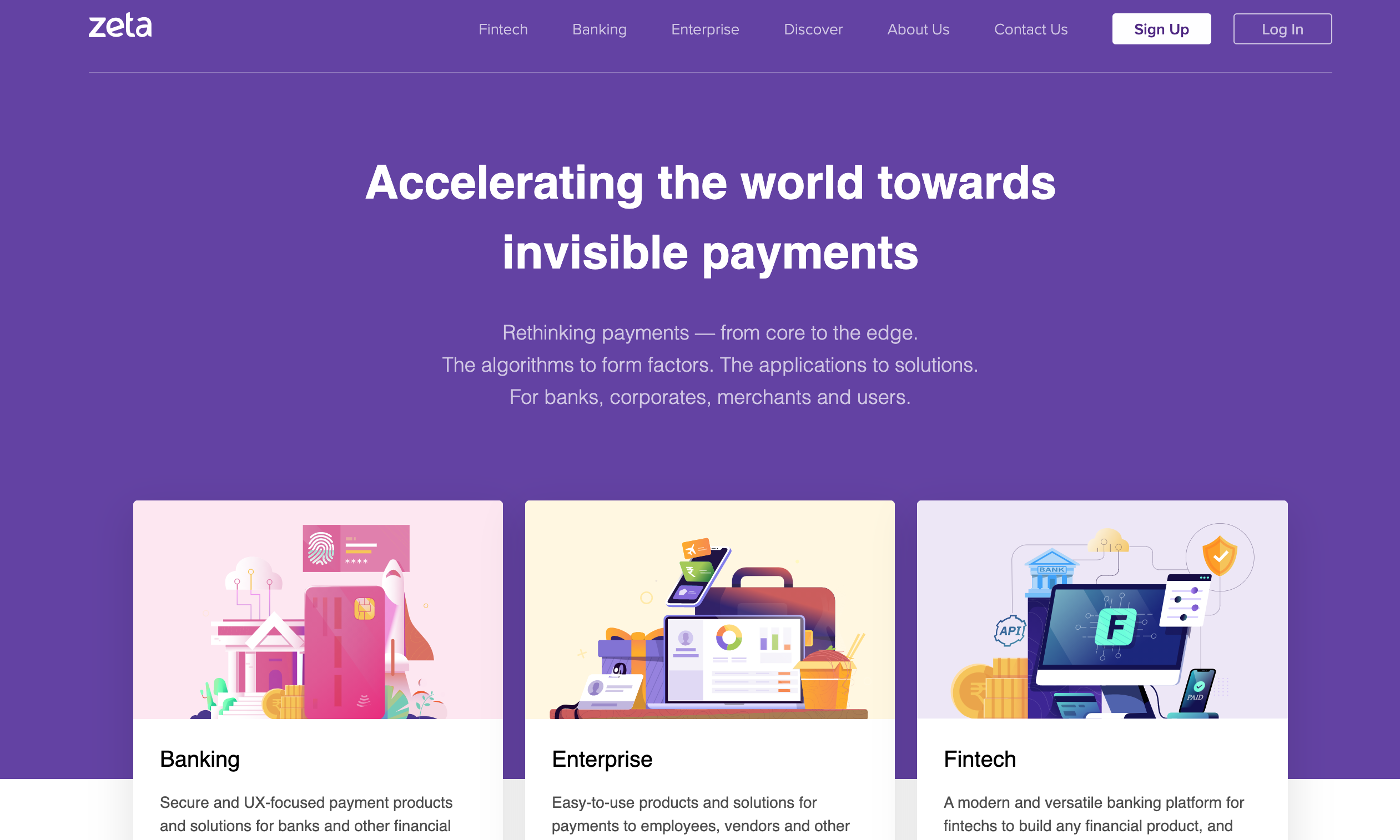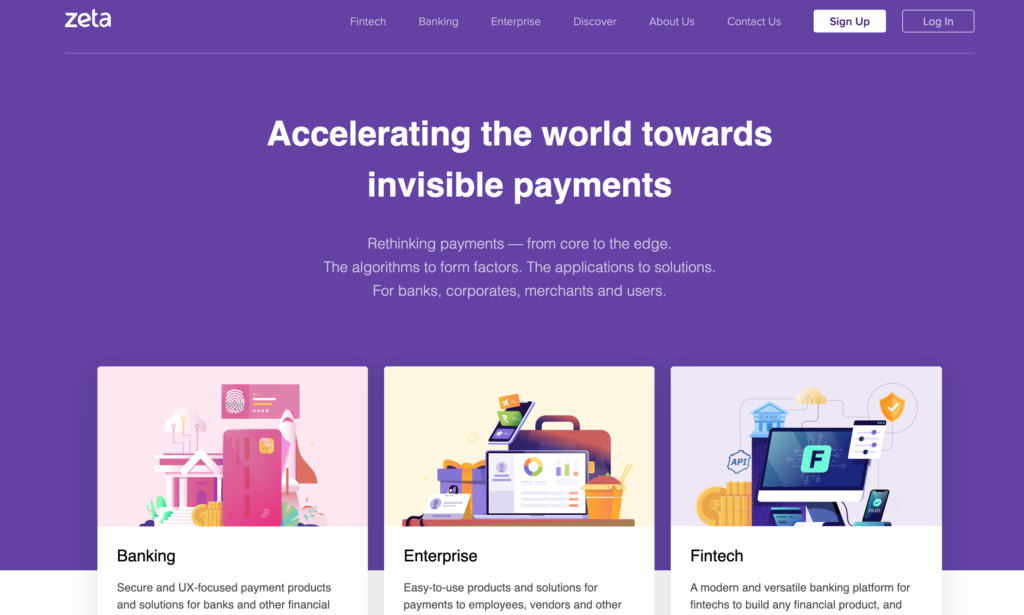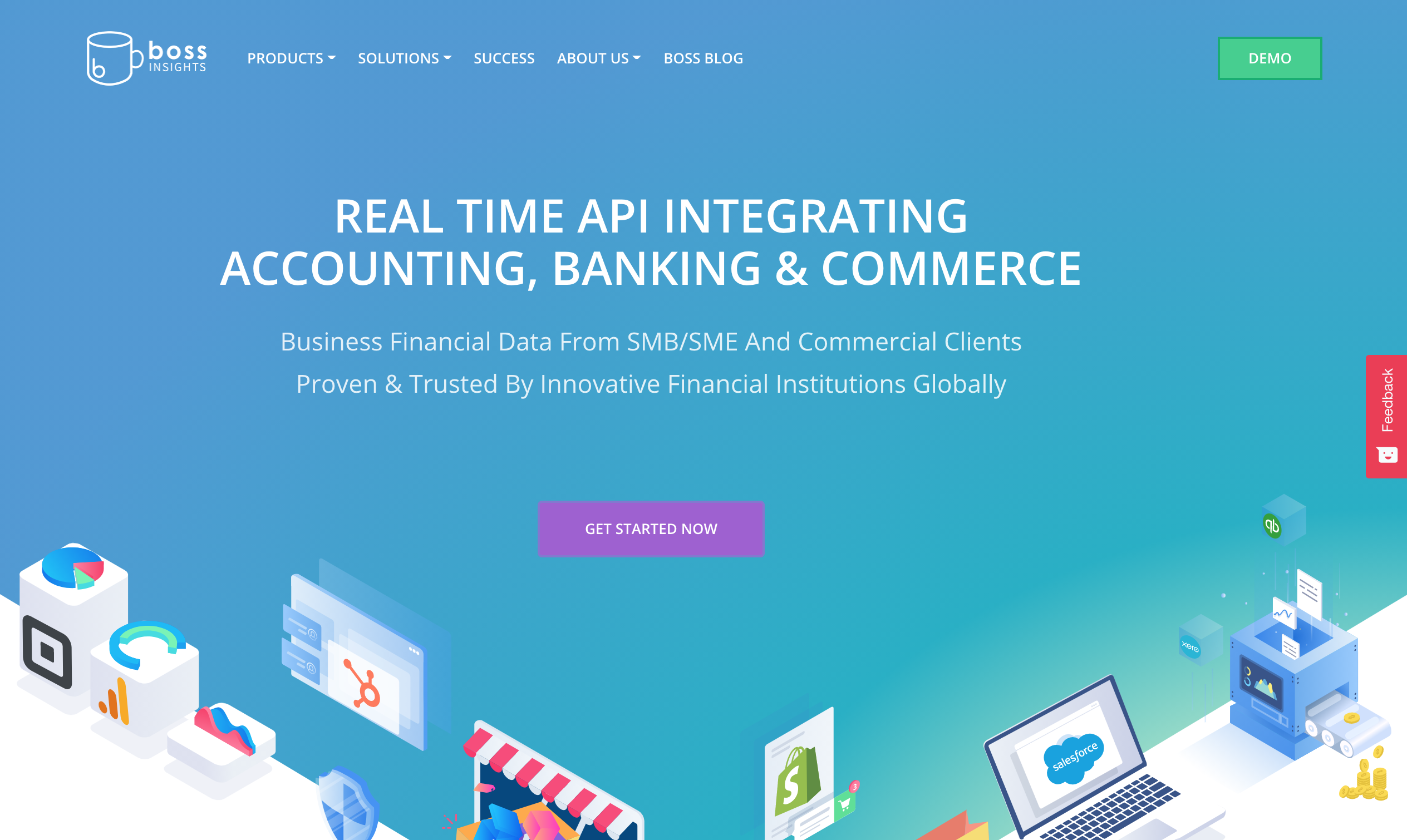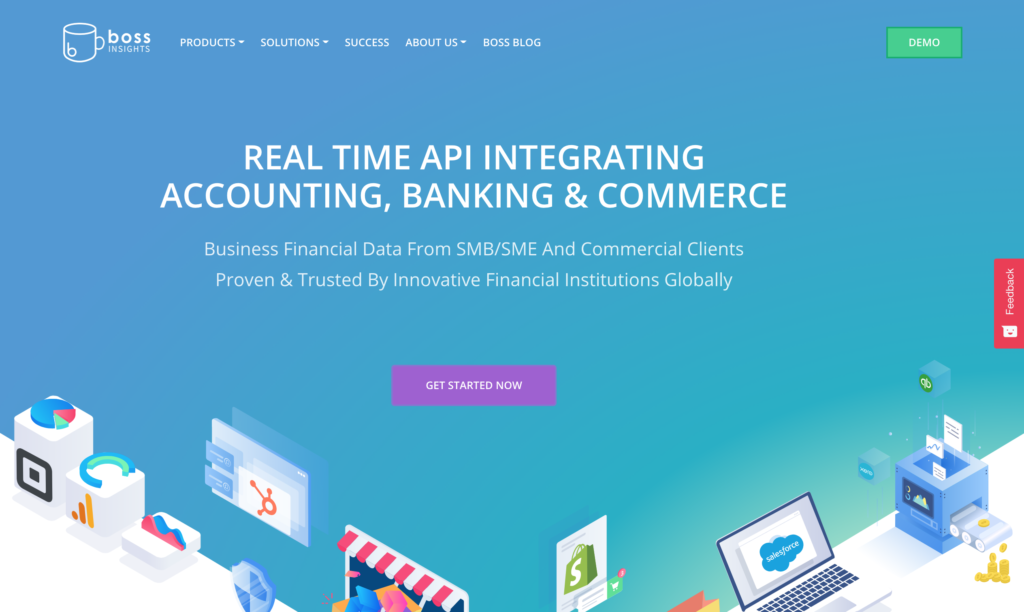
Financial services technology company FintechOS unveiled its latest solution to help banks, insurance, and other financial services companies accelerate and complete their digital transformations. The new offering, Lighthouse, is an end-to-end platform that features a variety of product and UX enhancements that speed innovation without requiring businesses to overly rely on developers and technical talent.
“Digital transformation is big, slow, and expensive,” FintechOS co-founder and CEO Teo Blidarus said. “Instead, institutions need to extract value from existing systems, databases, and business logic by thinking big, starting small, and scaling fast.”
Among the enhancements introduced this week are:
- Product Factory: enables institutions to use existing data sets to develop customer eligibility requirements and define more personalized products
- Enhanced Journey Designer: enables businesses to build customer journeys without relying on IT teams
- Hybrid Data Models and Ecosystem Connectors: enables institutions to use and expose a wide variety of data types (local, legacy, or external) via API and low-code technology
Lighthouse also features pre-built UI templates to enable developers to issue design prototypes faster, and enhanced data security with data anonymization and sensitive data flagging.
“Commercial teams should be able to transform by making small but systemic changes that can be scaled rapidly without impacting on operational resilience or requiring millions of euros of investment,” Blidarus said. “Lighthouse is our latest step to empower our customers and their employees with better experiences, services and tools, enabled by new technology, to drive real change – rapidly.”
Founded in 2014 and making its Finovate debut two years ago at FinovateEurope, U.K.-based FintechOS serves more than 40 institutions in 20 markets across four continents. Last month, FintechOS announced that it had implemented a digital onboarding solution for Romania’s OTP Bank and, this spring, the company announced that it was working with Deloitte to support the digital transformation of another Romanian financial institution, CEC Bank. Bringing onboard a new CTO in August, FintechOS has raised $16 million in funding from investors including Gapminder VC and Earlybird Venture Capital.
Photo by Johannes Plenio from Pexels

























